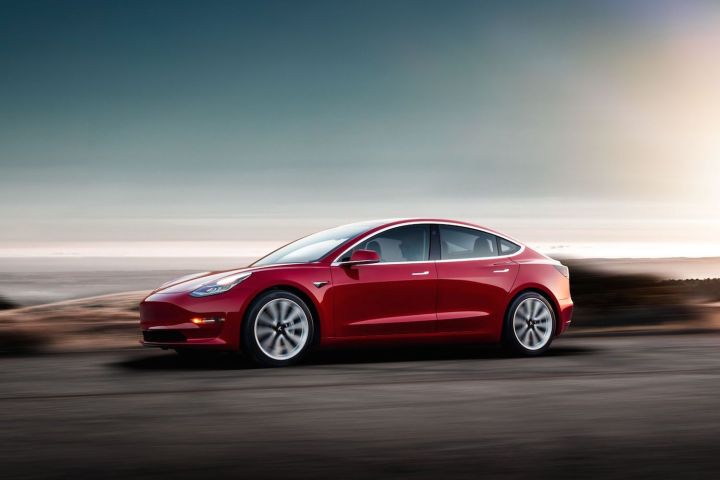
Tesla’s next-generation vehicles could boast some of the most advanced battery technology in the industry. The company announced it is purchasing California-based Maxwell Technologies, an expert in battery development and capacitor technology.
The California-based firm hasn’t outlined why it purchased Maxwell rather than one of its competitors, or how the company’s decades-long expertise will help it develop cars. However, Tesla co-founder Elon Musk has previously said he’s a big fan of capacitor technology; he even revealed he considered researching the topic to earn a Ph.D. at Stanford University. In 2011, he predicted capacitors, not batteries, will lead to a breakthrough in energy storage and electric car technology.
Capacitors store and release electricity, much like the lithium-ion battery pack Tesla builds for its range of cars. One of the main differences is that a capacitor stores a charge in an electric field, while a battery stores a charge in chemical form. It gets highly technical from there; just remember that a capacitor takes less time take a charge and release it than a battery pack and it lasts much longer.
Capacitor technology needs to clear several hurdles before it reaches mass production as a power supply for electric cars, including cost and size. However, Maxwell points out supplier Continental used its ultracapacitor technology in the voltage stabilization system that supports the start-stop system in a wide variety of cars ranging from a Lamborghini to a Peugeot. Volvo parent company Geely and General Motors also use its technology.
Your guess is as good as ours when it comes to whether (or when) Tesla will replace its battery packs with capacitors. “We are always looking for potential acquisitions that make sense for the business and support Tesla’s mission to accelerate the world’s transition to sustainable energy,” a company spokesperson told Digital Trends. Maxwell echoed Tesla’s statement, adding that the tie-up offers its investors, “the opportunity to participate in Tesla’s mission of accelerating the advent of sustainable transport and energy.”
Tesla will pay $4.75 per Maxwell share, a rate that values the transaction at approximately $218 million. Maxwell expects to complete its merger with Tesla during the second quarter of 2019. The company’s board of directors has already approved the deal.
Editors' Recommendations
- Tesla’s Cybertruck could soon transform into a boat, says Musk
- The Tesla Model Y is far from my favorite EV, but I’m pretty close to buying one
- Next-generation batteries could use material derived from trees
- This Tesla video manages to make battery production look cool
- Elon Musk says Tim Cook refused meeting about buying Tesla




